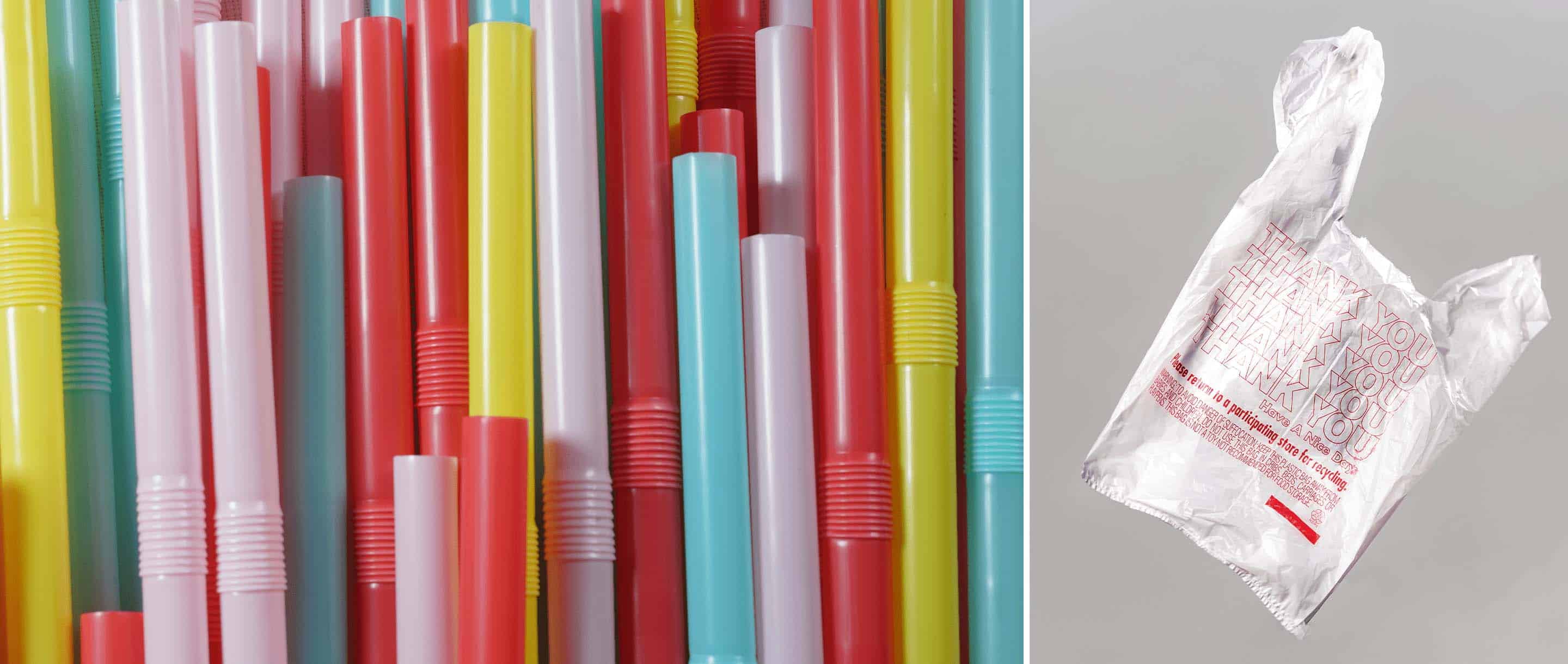Zero Waste vs 1% Better

The challenge of “zero waste” should not stop us from trying. Let’s try this instead.
The “zero waste” movement is where folks work to cut out the waste they produce, with the ultimate goal of having no trash. You may have heard of zero waste and thought it sounded like an impossible goal (I agree – despite spending my career in the environmental field, I have never attempted to go zero waste because it feels too daunting). Zero waste is a great, albeit idealistic, goal, but it can be rigid and feel unattainable and hard to maintain. This likely keeps a lot of us from making an effort.
The inability to get to zero waste should not stop us from trying to waste less. What if we could follow the 1% better every day rule to actively take steps to lower our waste footprint? While it may not sound like a lot to improve by 1%, over time, the impacts of 1% improvements are significant. Based on the 1% better rule, “if you can get 1 percent better each day for one year, you’ll end up thirty‐seven times better by the time you’re done.” We may never get to zero-waste following the 1% better rule, but we could certainly become low waste, and that would be significant progress.
Progress, Not Perfection
Low waste or low impact is more about making progress to reduce your waste rather than necessarily getting all the way to zero. The premise of low waste is similar to zero waste in that you have goals to produce less waste and work to be more conscious of single-use items while doing your best to avoid them, but it is less rigid and more attainable.
One of the most important aspects of addressing climate change is making progress accessible to as many people and businesses as possible. A relative few people becoming zero waste is far inferior to a relative many identifying small ways to reduce waste in their lives on an ongoing basis. The latter helps us move in the right direction as a society in ways that the former cannot. The cumulative effects of seemingly small and simple changes in homes and businesses will help us save our planet.
“It is so easy to dismiss the value of making slightly better decisions on a daily basis. If you get one percent better each day for one year, you’ll end up thirty-seven times better by the time you’re done.”
James Clear, Atomic Habits
The Time is Now
Per data from the Environmental Protection Agency (EPA), we sent 27 million tons of plastic to landfills in 2018 - it is urgent for us all to lower our waste footprint.
Rather than turning your entire lifestyle upside down, try to get 1% better each day by becoming more aware of your choices. It's not about doing everything right, it's just about getting started and making progress.
One of the best ways to reduce waste also improves your bank account: buy less new stuff. Reuse and repurpose what you can, and in turn, you'll limit the amount of new waste you produce. Below are some other easy ideas to go low waste on a budget and work towards making progress:
- Cook at home to reduce takeout packaging
- When you get takeout, ask that they not include any plastic cutlery
- Cut back on individually packaged items and single-use plastics.
- Compost to reduce waste being sent to landfill
- Buy quality products (up to what your budget allows) so that they last longer
- Always have a reusable coffee mug/ water bottle when on the go
- Bring reusable bags when shopping
- Use dish rags and hand towels instead of paper towels
- Use cloth napkins instead of paper napkins
We would love to hear your strategies and any steps you’ve taken to go low-waste.